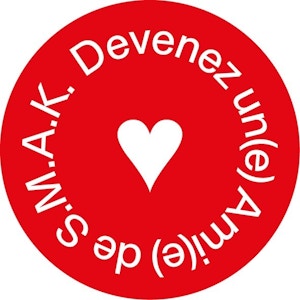PADJAK (Performance Art di Jakarta) is a collective of young performance artists who live and work in Jakarta. They develop and document happenings, performances and actions for the Indonesian capital. PADJAK mainly puts on small-scale spontaneous performances in public space. The collective does not restrict itself to particular themes or media, so its actions are very variable in nature. The artists often take last-minute decisions that depend on the space, the resources available and the people present. Their aim is to think beyond the traditional performance art that refers to theatre, art and demonstration. In their view, it should be possible to create performances purely and simply for the sake of art. For this reason, the work of PADJAK is not always made to be watched by an audience. The collective compares performing with sketches or rehearsals that result from their immediate surroundings.
Om, Telolet Om! (2017)
The two artists representing PADJAK are Dwinanda Agung Kristianto (1982, Jakarta) and Kelvin Atmadibrata (1988, Jakarta). They both live and work in Jakarta. Like all the inhabitants of this densely populated capital city, they have numerous memories of traffic congestion. These experiences are in the first place personal, but they can also be shared with many other people. After all, every driver is confronted with polluted air, noise, dangerous manoeuvres and lost hours. At the same time, everyone can also associate tailbacks with moments of inner calm and silence, turning off the engine and putting on the handbrake.
In their performance Om, Telolet Om!, Kelvin Atmadibrata and Dwinanda Agung Kristianto hark back to these exceptional moments of peace. They use their bodies as living sculptures that occasionally move and repeat certain actions. By mutual arrangement they scream Om, Telolet Om! every so often, which means ‘Uncle, toot, uncle’. This is what children in Jakarta call out playfully to urge passing truck drivers to toot their horns.
In this hour-long performance based on an everyday occurrence, Atmadibrata and Kristianto aim to focus attention on the broader social and ecological issues of the Indonesian capital.

















